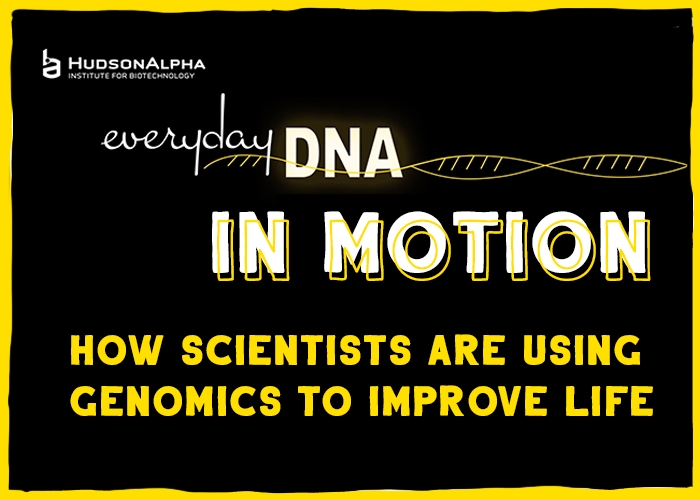Changes to male genetic code may contribute to cardiovascular disease
The Y chromosome – the male genetic code – performs a broader function than testes development and may even impact cardiovascular disease, according to research led by Jeremy Prokop, PhD, a senior scientist in the Jacob Lab at the HudsonAlpha Institute for Biotechnology.
“It has long been thought that Chromosome-Y found in males is critical for male sex development, but then does very little for other biological functions,” Prokop said. “In this work we show that Chromosome-Y impacts a broad range of genetic regions. Changes to those regions could contribute to disease development such as hypertension.” The research was published online February 3 in Biology of Sex Differences.
Howard Jacob, PhD, and Jozef Lazar, MD, PhD, both faculty investigators at HudsonAlpha, are also authors of the paper.
“For years it has been known that differences between females and males are due to hormones and genes on the X and Y chromosomes,” said Jacob, who is also the executive vice president for genomic medicine at HudsonAlpha. “However, very little is still known about how genetics contribute to the biological difference. This work shows the broad roles the sex chromosomes – particularly the Y-chromosome in males – play in biology outside of sex determination.”
For the project, the team used an animal model – rats – to sequence and examine how genetic changes on the Y-chromosome alter the biology of animals. They identified a region on the rat Y chromosome that is linked to high blood pressure. Since the human genome shares that same region, Prokop says new research could investigate whether those genes are also linked to cardiovascular disease in humans.
Aside from the HudsonAlpha researchers, the project team included colleagues from the Medical College of Wisconsin in Milwaukee, the University of Akron, Walsh University and Federal University of Minas Gerais in Brazil.
About HudsonAlpha: HudsonAlpha Institute for Biotechnology is a nonprofit institute dedicated to innovating in the field of genomic technology and sciences across a spectrum of biological challenges. Founded in 2008, its mission is four-fold: sparking scientific discoveries that can impact human health and well-being; bringing genomic medicine into clinical care; fostering life sciences entrepreneurship and business growth; and encouraging the creation of a genomics-literate workforce and society. The HudsonAlpha biotechnology campus consists of 152 acres nestled within Cummings Research Park, the nation’s second largest research park. Designed to be a hothouse of biotech economic development, HudsonAlpha’s state-of-the-art facilities co-locate nonprofit scientific researchers with entrepreneurs and educators. The relationships formed on the HudsonAlpha campus encourage collaborations that produce advances in medicine and agriculture. Under the leadership of Dr. Richard M. Myers, a key collaborator on the Human Genome Project, HudsonAlpha has become a national and international leader in genetics and genomics research and biotech education, and includes 30 diverse biotech companies on campus. To learn more about HudsonAlpha, visit: http://hudsonalpha.org/.
Media Contact:
Margetta Thomas
mthomas@hudsonalpha.org
256-327-0425


